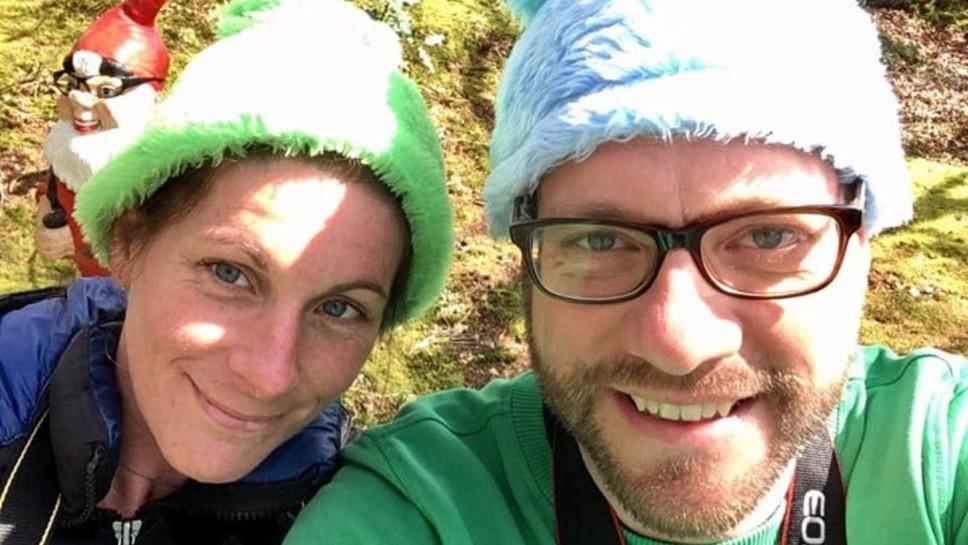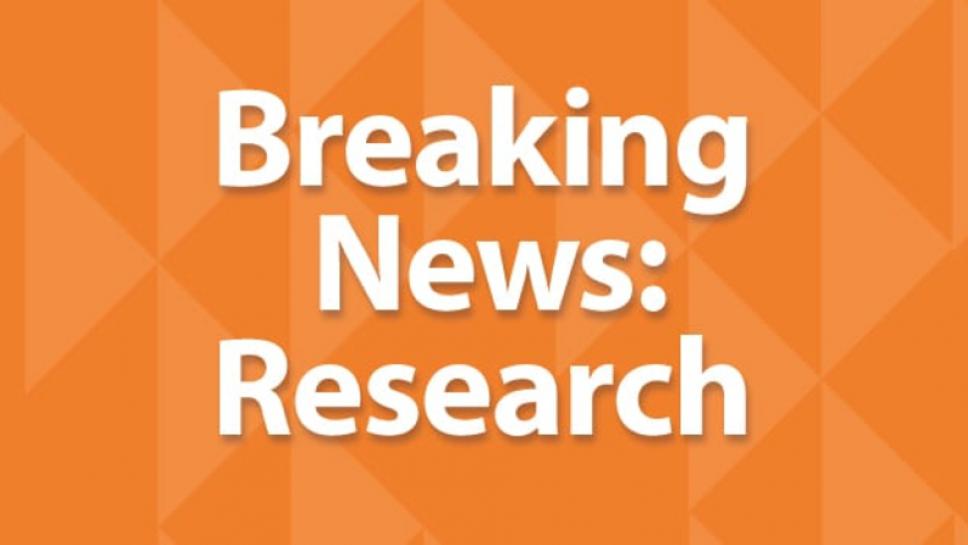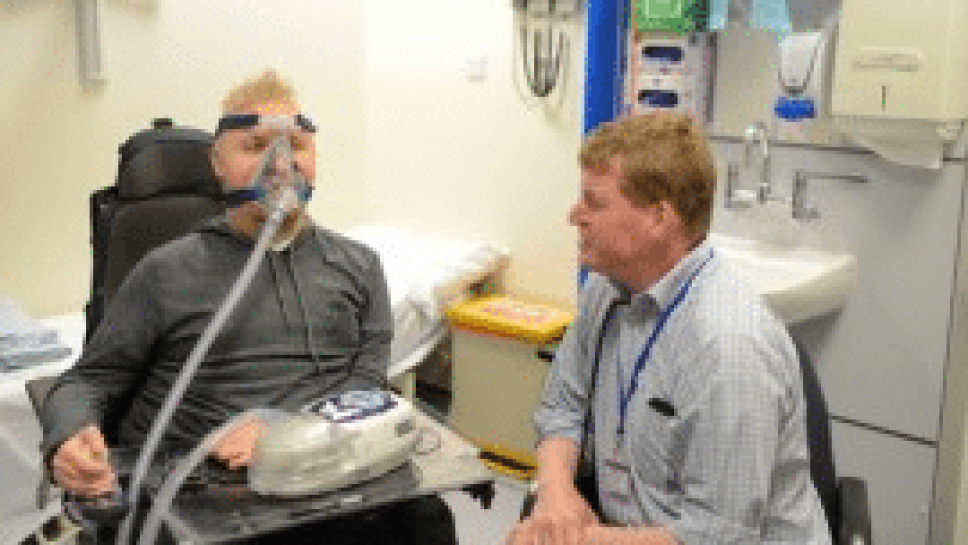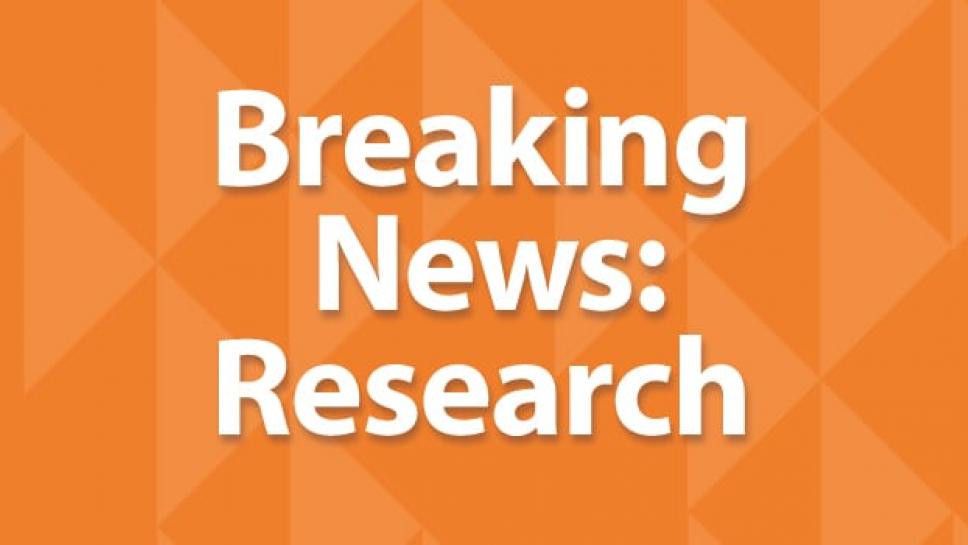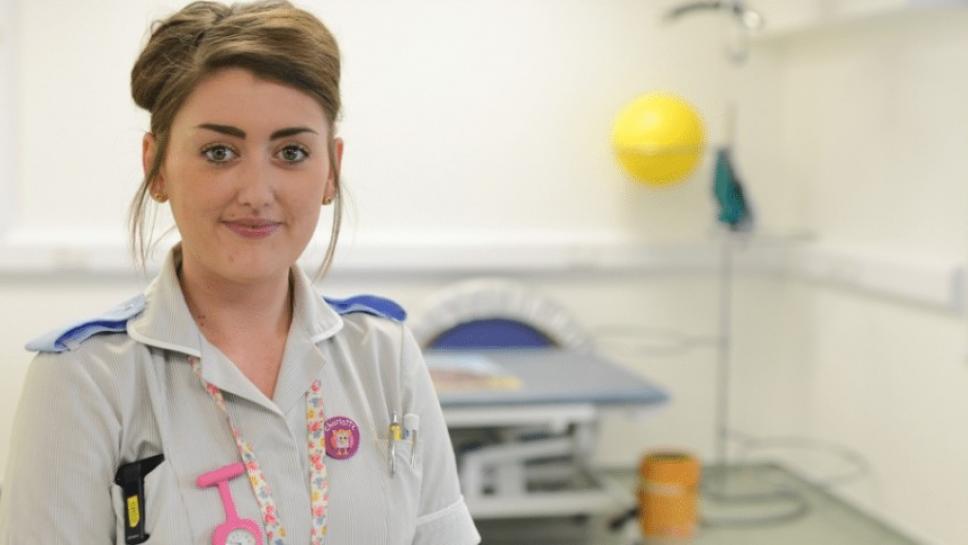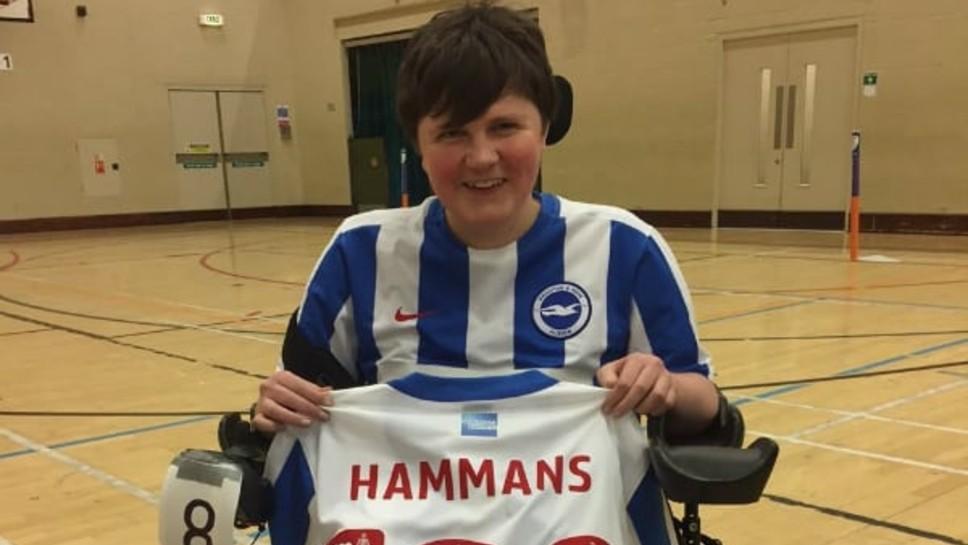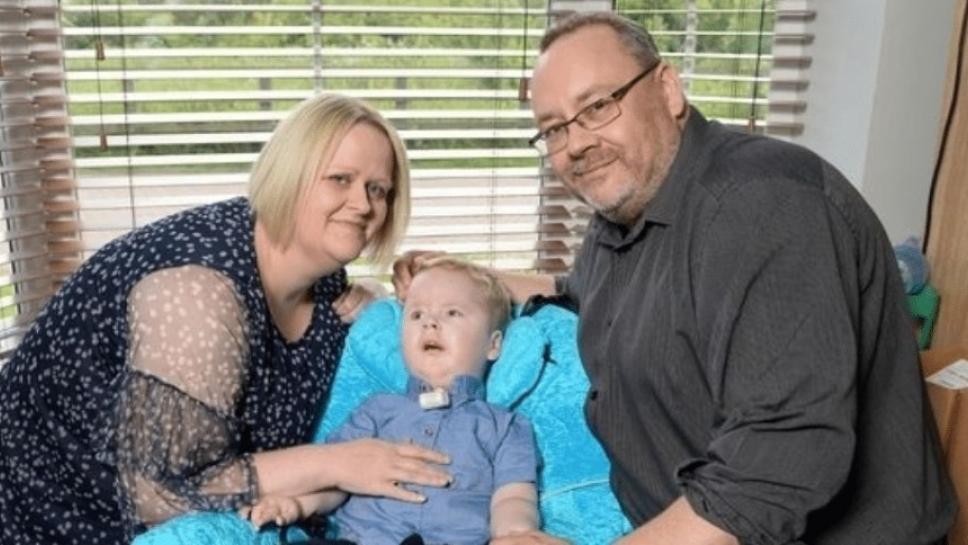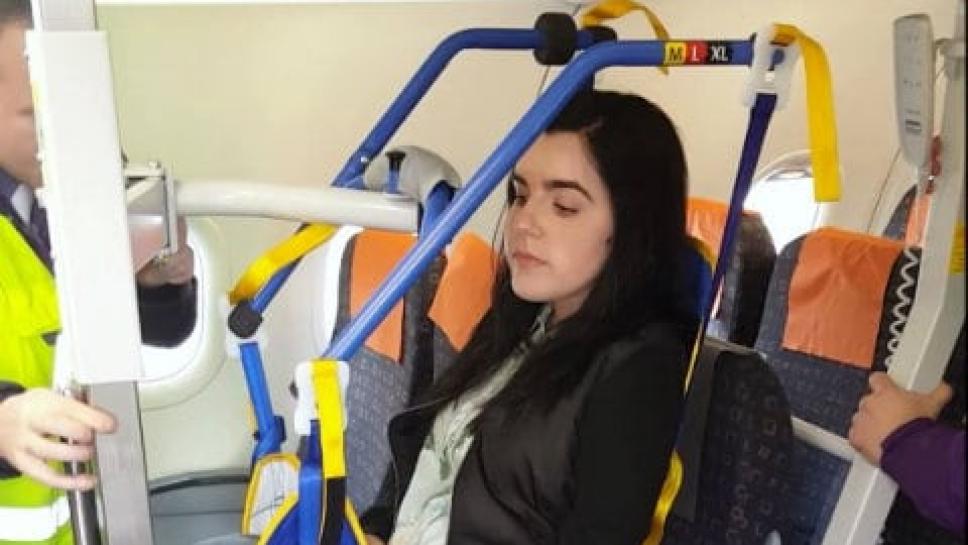The hottest London Marathon temperatures ever recorded failed to deter 114 runners who took to the streets for Muscular Dystrophy UK on Sunday. Guinness World Record contenders and first-time runners were among those who gave it their all to complete the 26.2 mile challenge in the 24 degree heat.
A gnome, a dalek and an eagle also ignored warnings from the organisers to reconsider wearing fancy dress in the sweltering conditions, delighting the thousands of spectators who turned out to watch the event.
The first person over the line for Team Orange was mechanical design engineer Chris Finister, 44, who finished in three hours 11 minutes – beating his London Marathon personal best. He said: “My partner Liz has muscular dystrophy and I’m good friends with Martin Hywood, who has LGMD, so I really wanted to support his fundraising work. “It was hot but it was OK. A lot of people were collapsing at the end – they got as far as collecting the bags and then just went down. “Going over Tower Bridge was amazing, because that’s the biggest support area, and the MDUK cheerers gave me such a boost. It just lifts you up so much.”
Tamsin Neligan, 26, works for an IT consultancy in London. She was one of the fastest women running for MDUK, finishing in three hours and 56 minutes. She said: “It was great, really good fun. The crowds were amazing, but it was very, very hot. I would have liked to have beaten last year’s time, but it just wasn’t going to happen in this weather.”
Adam Smith, a 45-year-old Lawyer from Witney, was angling for a Guinness World Record as the fastest mythical creature to run by taking part dressed as a gnome on a toadstool. He said: “I think it would have been hard even without a costume, but running with it was awful. It was so warm.
For the first mile I felt fine, and then it all went downhill. “I saw people collapsing and decided not to overdo it, so I ended up doing a mixture of walking and running. I finished in five hours five minutes, so I was way off the record of four hours. I will just have to try again another time!”
He said that his costume was inspired by a gnome reserve that he and his family, four of whom have been affected by myotonic dystrophy, used to visit.
Ben Lacey, 31, from Swindon, completed the marathon in four hours 12 minutes dressed as a falcon after making a bet with colleagues at his publishing company.
He said: “At a team building event I took part in a falconry display that went disastrously wrong when the falcon mistook me for prey. "My colleagues wouldn’t let me forget it, so I told them if they doubled their sponsorship from the last time I ran the marathon, I would do it again this year dressed as an eagle. “My dad has Charcot Marie Tooth and he wasn’t doing the physiotherapy that he was supposed to, so in his 50s he had to have a series of operations on his ankles.
“It was the worst case of the condition that the specialist had ever seen, but we got some really good advice from MDUK and now he’s improved so much he’s planning to do a London to Brighton bike ride. “I’ve run the marathon for the charity before, but I came back to do it again to say thank you for that advice. It’s an amazing charity, and everyone they help is extraordinary.”

